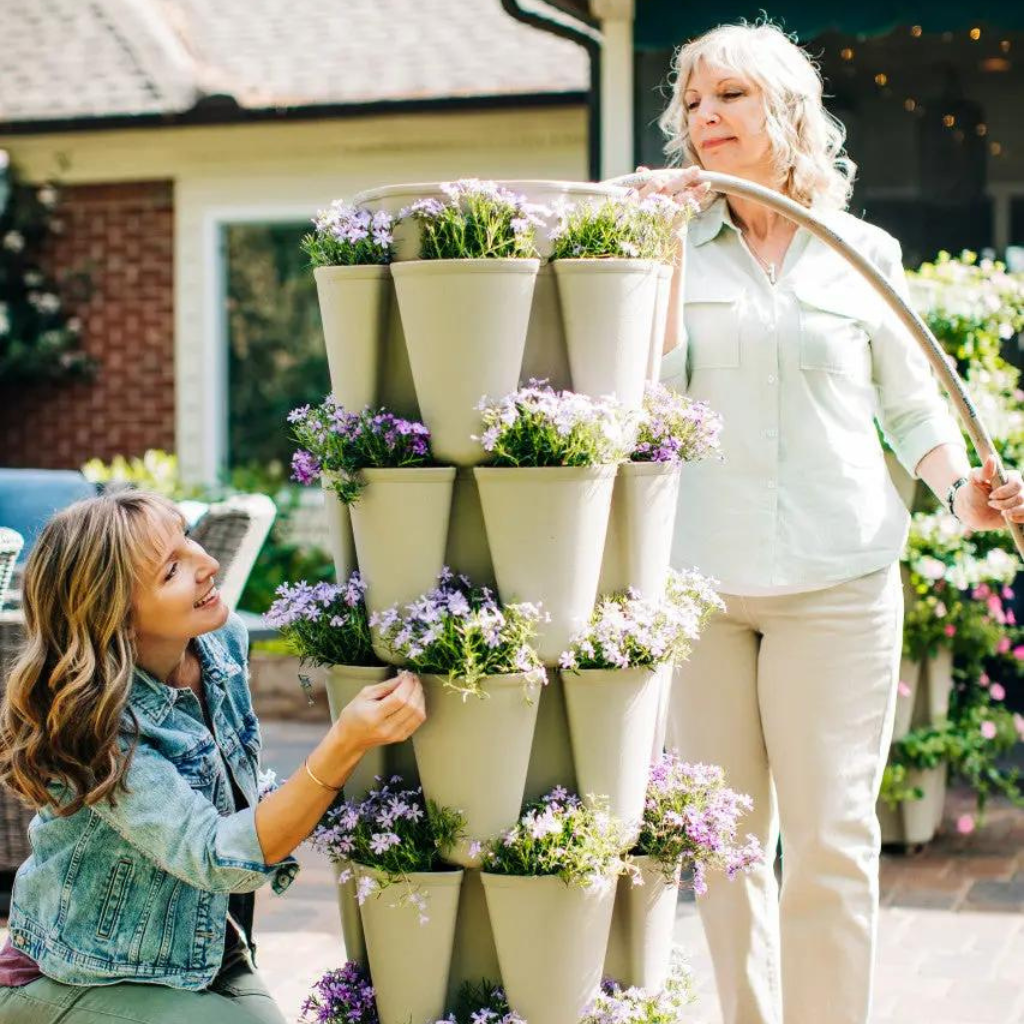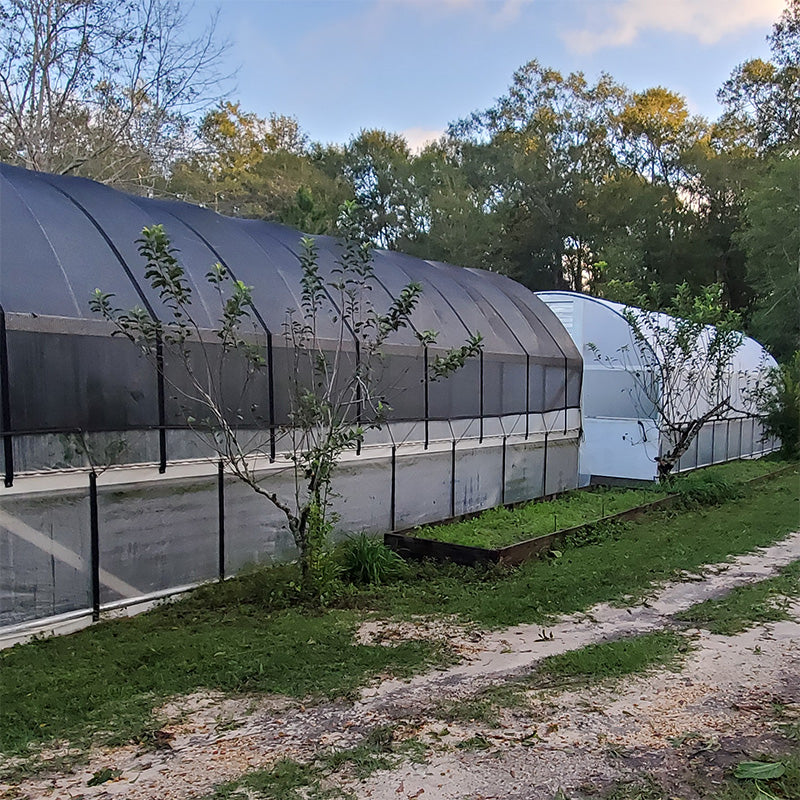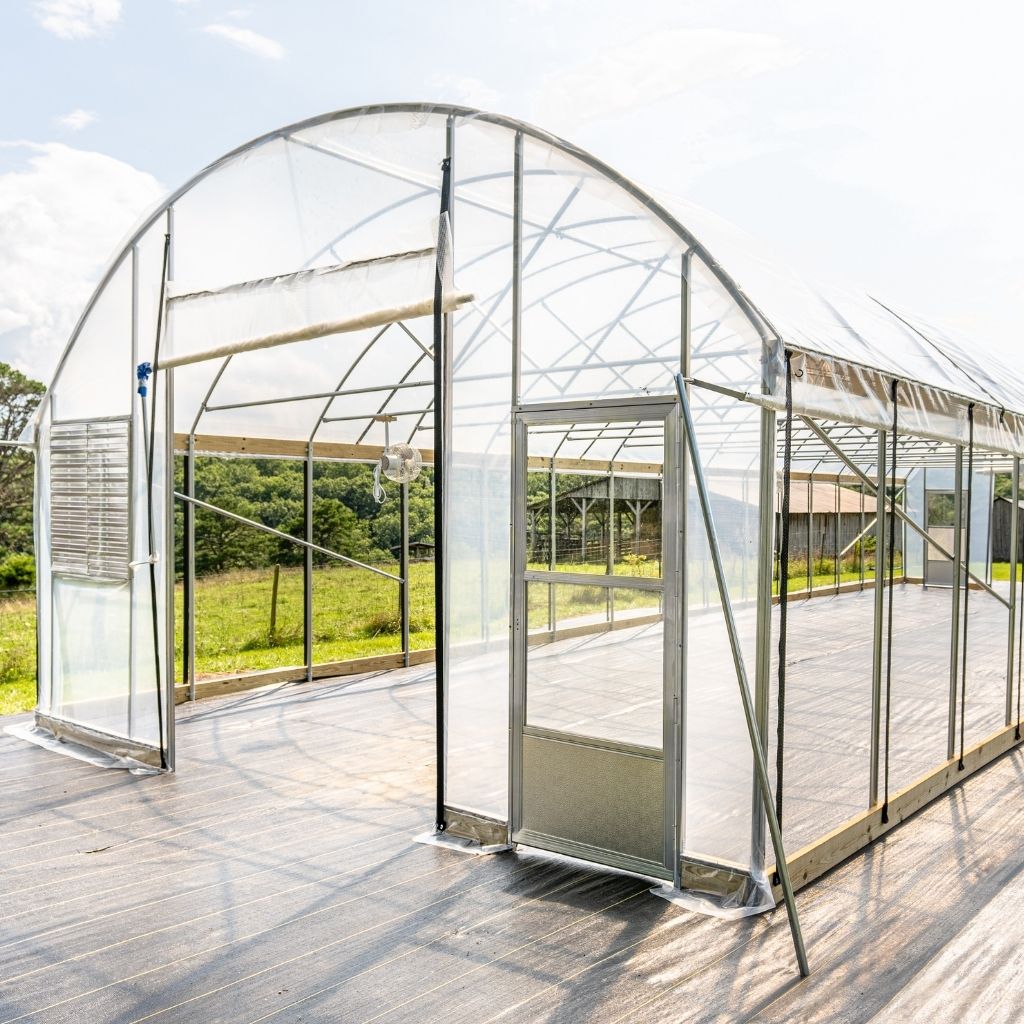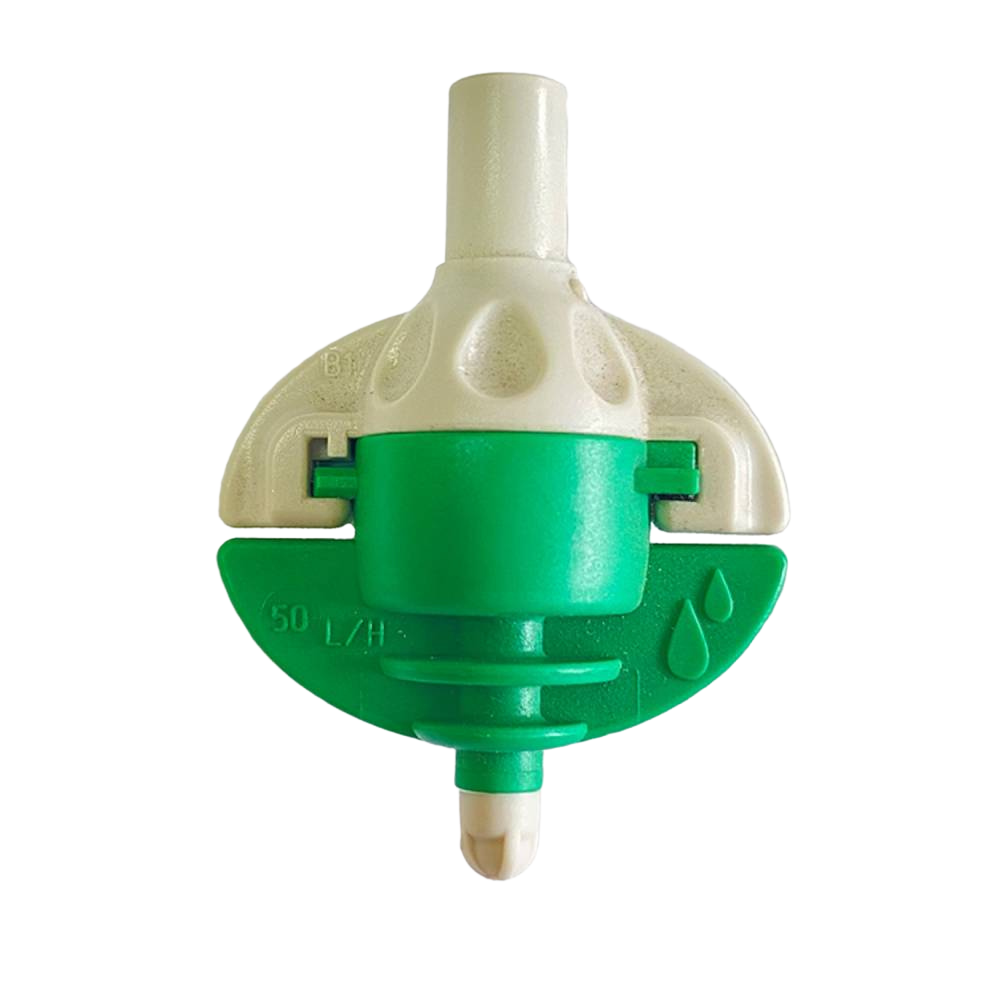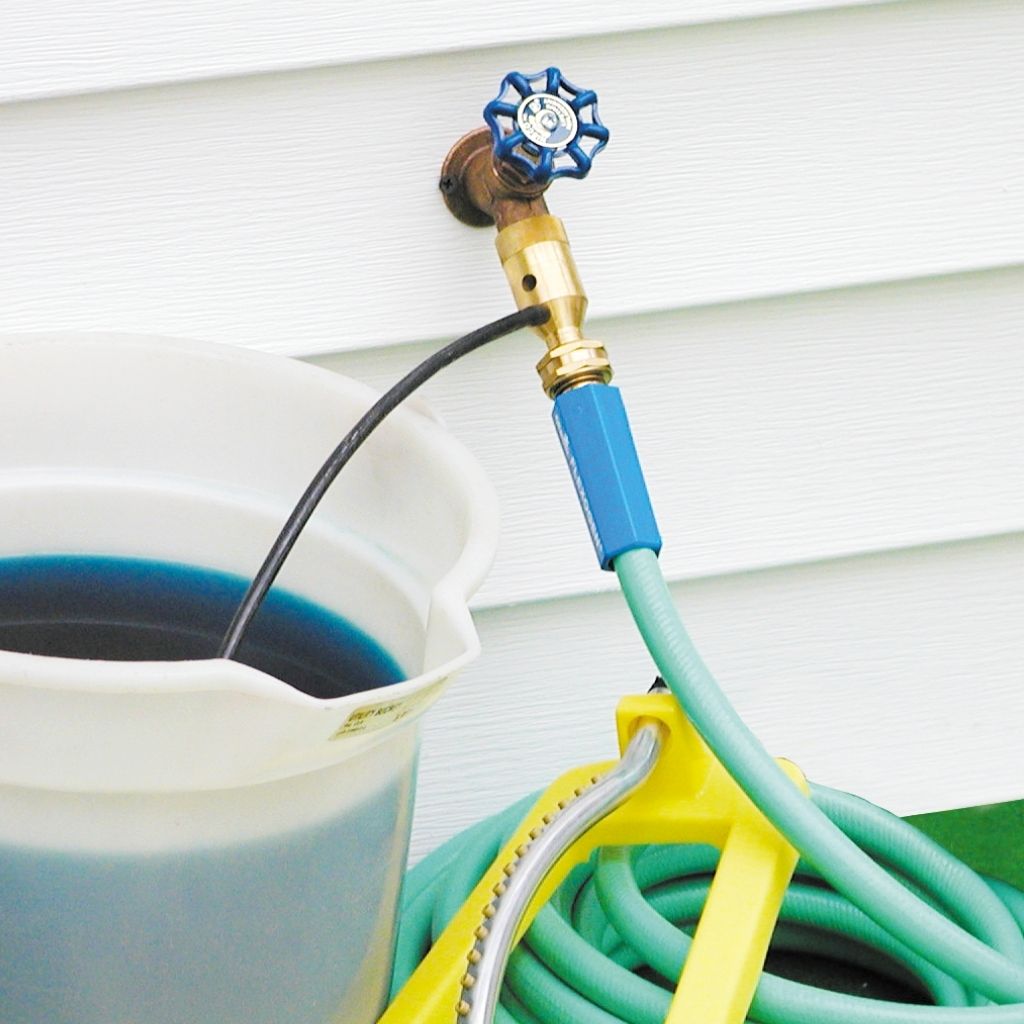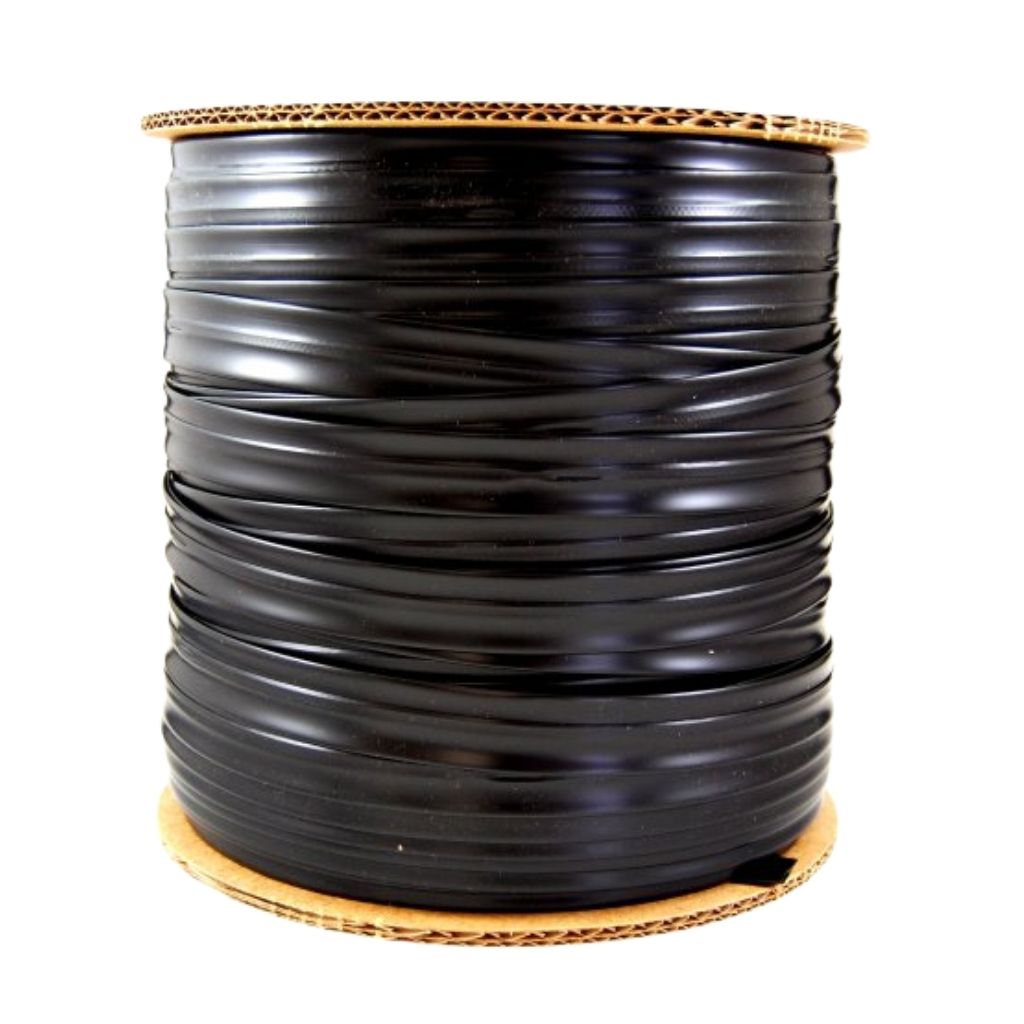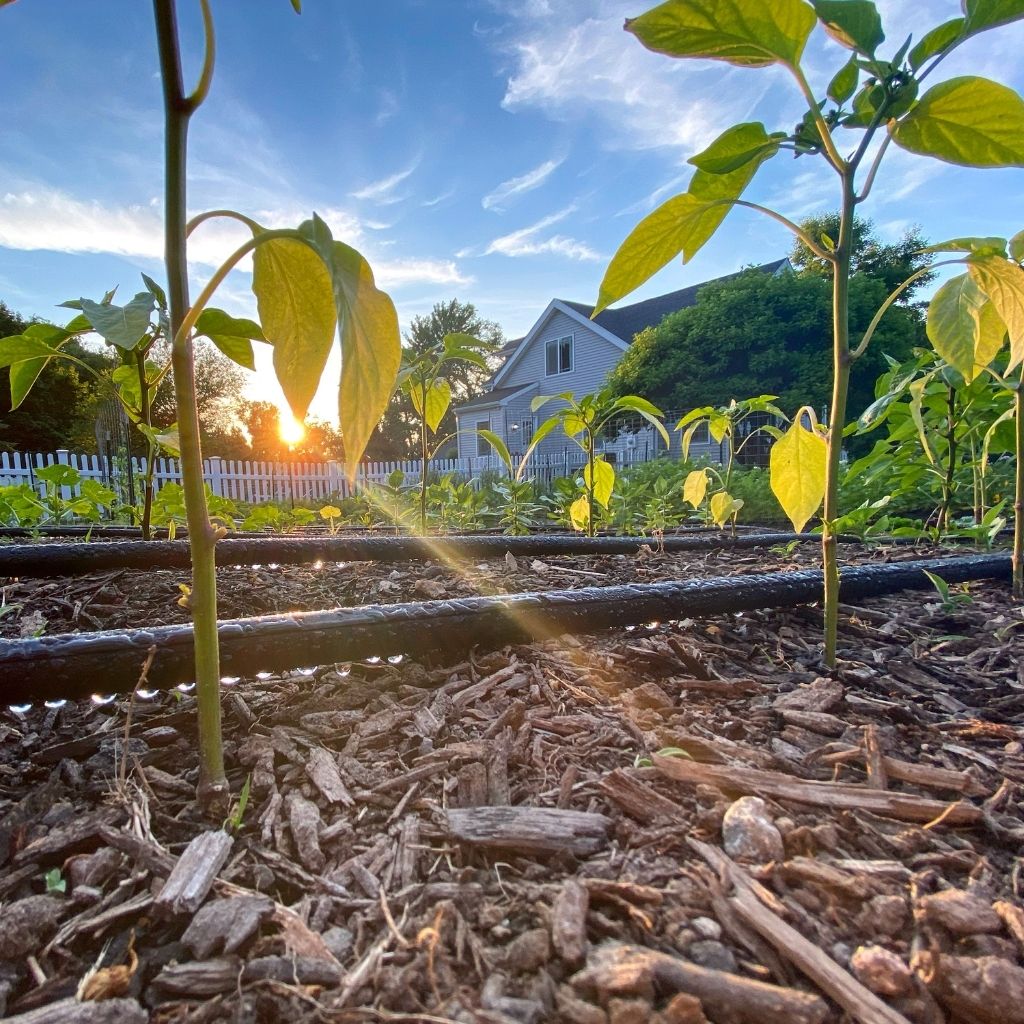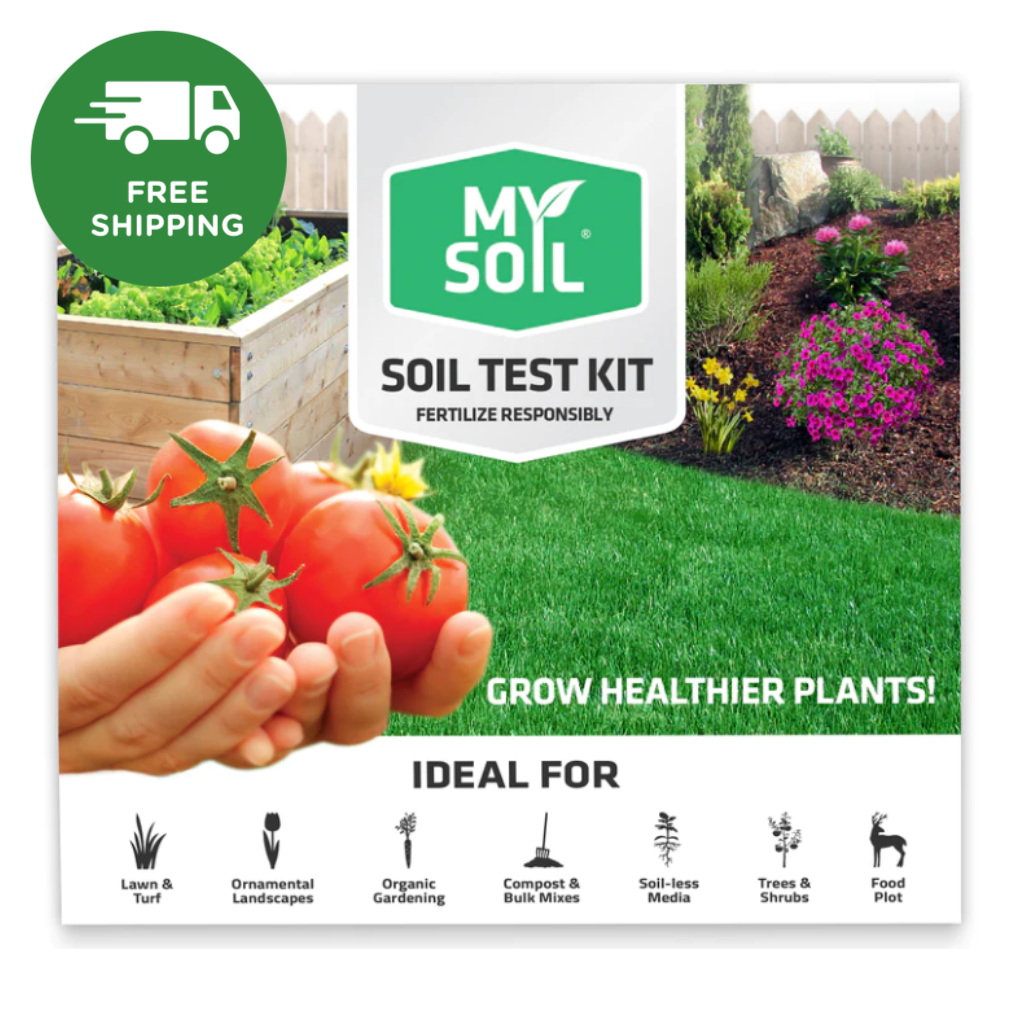Jerusalem Artichokes, some know them as Sunchokes
Jerusalem artichokes or sunchokes are available to plant this autumn! Frost and cold temperatures do no harm, but actually enhance the nutty flavor of this perennial, which prefers to grow in zones 3-8. In areas of the United States where the ground freezes during winter, apply a thick layer of mulch to the surface for insulation. In June or July, exotic yellow blossoms form attracting birds all summer with a brilliant bloom. Late summer provides an abundance of tubers that bulge up from the ground at the base of the plant. Tubers left in the ground until spring will sprout new crops of delicious Jerusalem artichokes.
The soil structure should be a sandy loam, however, poor clay soils amended with organic matter will do just fine. Plant each 1-2 ounce pieces of tuber, with two €˜eyes', 4 inches deep, and about 13-18 inches apart. Plant rows in a location dedicated to this perennial crop will insure harvesting for many seasons. Just one pound of harvested sunchokes can provide enough tuber pieces for 16 plants next season! Once you've received the Jerusalem artichokes, plant them immediately. Prevent them from drying out, and keep in an environment that is 32-40 degrees, and 90-95% humidity for a short time. For storage pack in damp sand or peat moss, but the best way to store them is in the ground before you harvest. In doing so they can avoid mold, and rotting issues while they grow, otherwise they may ruin if stored for long term in a plastic bag, or in incorrect humidity, and temperature levels.
As members of the sunflower family, these sunchokes suffer little from disease and insect infestation,. They are also more resilient to persistent weeds that may gather around the Jerusalem artichokes. Rich in potassium with little starch they are a wonderful substitute to the water chestnut, or replacement for potatoes.




